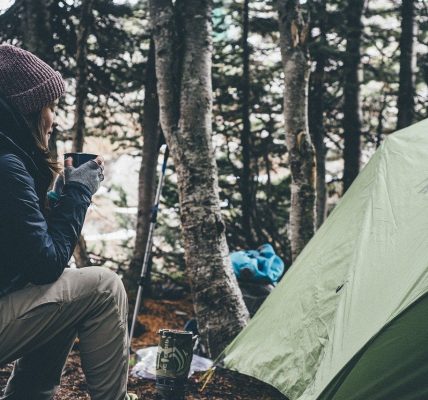Caring for seniors is not a walk in the park. Whether it’s your own family or you are in service to others, it helps to know that it is a 24/7 responsibility. You may need to ask for help from other family members or enlist a co-nursing assistant or co-nurse.
Many unfortunately see the elderly as excess baggage or a burden and they forget the fact that they are people and that they still have feelings. We must look after those who cannot look after themself.
There are many areas in which you can empower seniors and give them a better outlook and quality of life.
Physical
Mobility seems to be the first to be affected when old age sets in. As we age, the bones pass their full growth and usage. And so, bone density and mineralisation diminish affecting posture and gait. Coordination reduces and the elderly can easily become tired. Nobody wants to be limited to where they can go or feel that even going to the bathroom is too risky. Therefore, one of the many aspects that seniors have a problem with is becoming dependent. For them not to feel too down about this, encourage as much walking as the senior’s body can tolerate. If they can still do their activities of daily living (ADL’s), be lenient around it. Assess at the beginning how much they can do. If it’s possible to just let them rely on railings, work it out with them. Connect a bell that could alert you if they ran out of railings to hold on to so that you could give minimal assistance. Various healthcare equipment can help with independence.

5 Senses
Sense of sight starts to become hazy because older people are prone to develop cataracts secondary to health conditions such as diabetes and renal disorder. Tactile senses start to diminish making every food taste bland, therefore, resulting in decreased appetite. Their sense of hearing depreciates because of changes in the inner ear. Together with the nose, the ear’s cartilage sags as a reaction to gravity so they become bigger when people reach old age. Their sensitivity to touch is lesser due to decreased sensory response. Myelin sheaths of the nerve cells somehow become affected with senility making the transmission of impulses slower. This makes the bodily responses of older people slower, not being able to react appropriately when a ‘fight-or-flight’ response is needed.
Social life
Because of our busy lives, we often neglect sitting down with the elderly to converse or to hang out. If this goes on long-term, they feel neglected or abandoned. When they have too much idle time, they can often feel useless. This results from neglect in our part to engage, communicate, and connect. Take the opportunity to give back to the people that took care of you when you were young. They are the elders who have been patient in teaching us how to read, write, walk and talk. Put in effort when reading to them, taking them for a walk, or include them in family outings no matter how hard it is.
Safety and security
At all times, ensure safety when caring for seniors. From the medicine they take, the hot compress you leave on their skin, or the ADL’s they ask you to be lenient about, safety is a priority. Besides handrails, provide assisting devices such as a crane, a walker, reading glasses, and a sphygmomanometer as a preventive measure. Some conditions like diabetes, hypertension, and arthritis need daily monitoring and constant medication. A bed sensor is a great idea for added safety.
These are the most important aspects you should satisfy first and foremost before coming up with an itinerary every day such as scrabble club, elderly Zumba sessions, or going to town to have teatime with friends. Make sure you build rapport with your senior to earn trust and probably earn a good friend in the long run.













